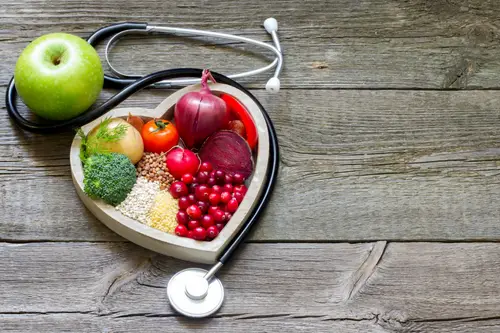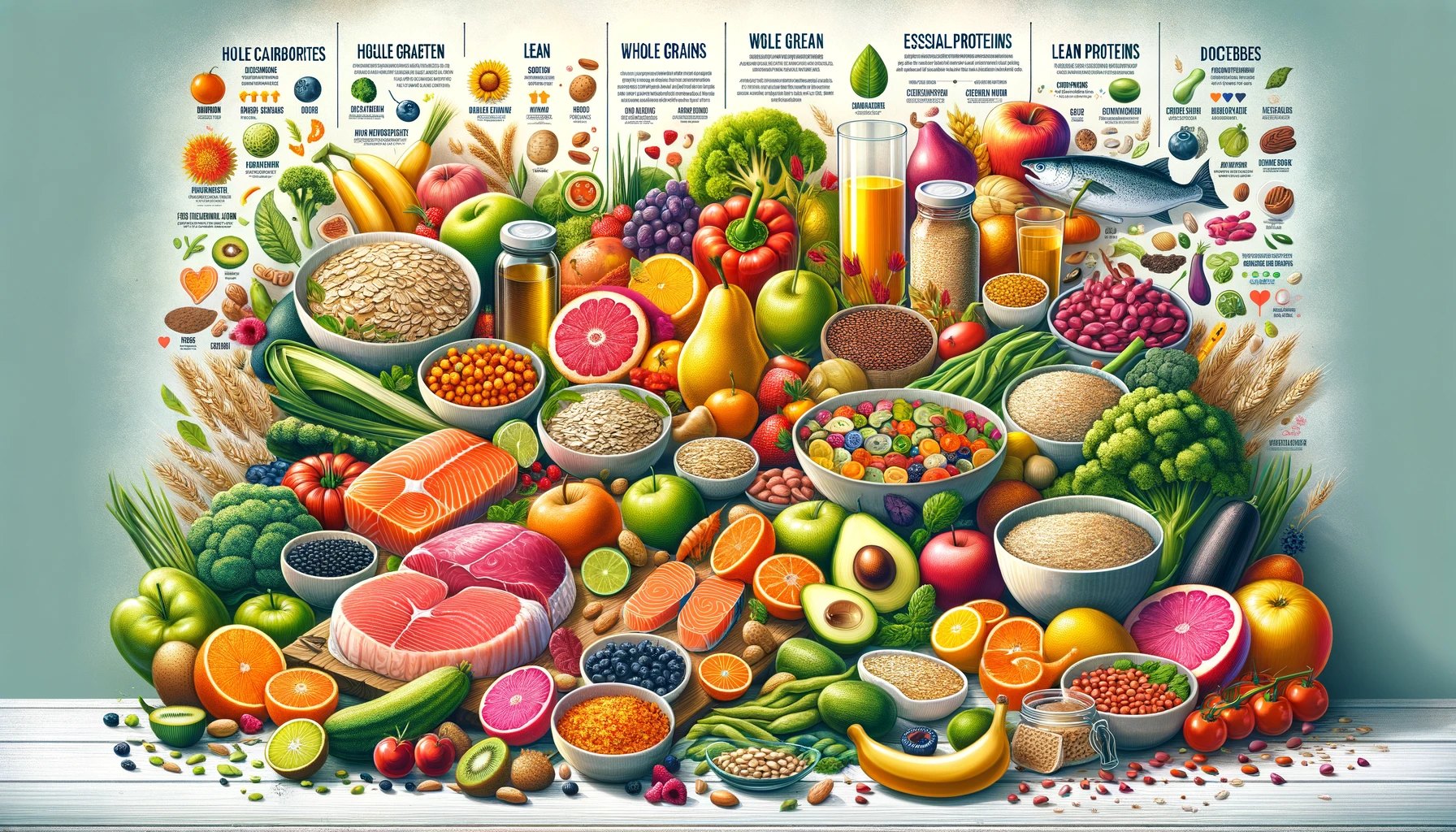The Benefits of a Healthy Diet and How to Get Started

A healthy diet is one of the most important components of a healthy lifestyle. Eating a nutritious and balanced diet can help you maintain a healthy weight, reduce your risk of chronic diseases, and improve your overall well-being. In this article, we’ll explore the benefits of a healthy diet and provide tips on how to get started.
Benefits of a Healthy Diet
1- Weight Management: A healthy diet can help you maintain a healthy weight. A diet rich in fruits, vegetables, whole grains, and lean protein can provide the nutrients your body needs without adding extra calories.
Additionally, avoiding processed and high-fat foods can help you reduce your calorie intake and control your weight.
2- Disease Prevention: A healthy diet can help reduce your risk of chronic diseases such as heart disease, diabetes, and certain types of cancer.
Eating a diet rich in fruits, vegetables, whole grains, and lean protein can help you maintain a healthy weight, lower your blood pressure and cholesterol levels, and reduce inflammation in your body, which are all risk factors for chronic diseases.
3– Improved Mental Health: A healthy diet can also have a positive impact on your mental health.
Studies have shown that eating a diet rich in fruits, vegetables, and whole grains can help reduce symptoms of depression and anxiety.
4- Increased Energy: Eating a nutritious and balanced diet can help increase your energy levels throughout the day. Foods such as whole grains, fruits, and vegetables provide complex carbohydrates, which are a source of sustained energy.
Tips on How to Get Started
1- Start with Small Changes: Making small changes to your diet can help you build healthy habits over time.
For example, you can start by adding one serving of fruits or vegetables to your meals each day or substituting a sugary snack for a piece of fruit.
2- Choose Nutrient-Dense Foods: Nutrient-dense foods are foods that provide a high amount of nutrients relative to their calorie content. Examples of nutrient-dense foods include fruits, vegetables, whole grains, lean protein, and low-fat dairy products.
3- Avoid Processed Foods: Processed foods are often high in calories, fat, and sugar and low in nutrients. Limiting your intake of processed foods can help you reduce your calorie intake and improve the quality of your diet.
4– Plan Your Meals: Planning your meals in advance can help you make healthier food choices and avoid last-minute unhealthy options.
Try to plan your meals for the week ahead and prepare your meals in advance, so you have healthy options available when you’re short on time.
In conclusion, a healthy diet is essential for maintaining a healthy lifestyle.
Eating a nutritious and balanced diet can help you maintain a healthy weight, reduce your risk of chronic diseases, and improve your overall well-being.
By making small changes to your diet and choosing nutrient-dense foods, you can get started on the path to a healthier you.


